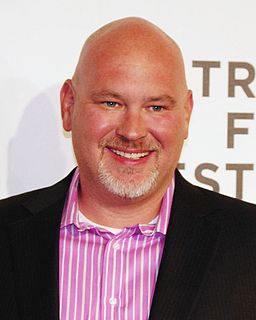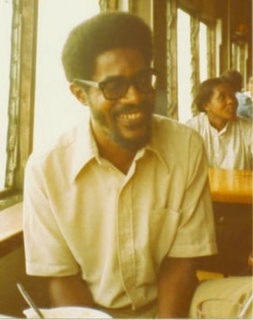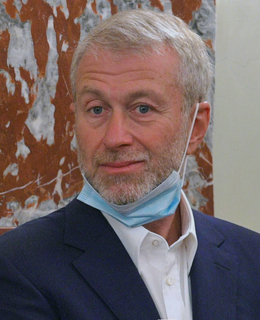A Quote by Friedrich Engels
The state is nothing but an instrument of opression of one class by another - no less so in a democratic republic than in a monarchy.
Quote Topics
Related Quotes
People think they have taken quite an extraordinarily bold step forward when they have rid themselves of belief in hereditary monarchy and swear by the democratic republic. In reality, however, the state is nothing but a machine for the oppression of one class by another, and indeed in the democratic republic no less than in the monarchy.
What do you mean less than nothing? I don't think there is any such thing as less than nothing. Nothing is absolutely the limit of nothingness. It's the lowest you can go. It's the end of the line. How can something be less than nothing? If there were something that was less than nothing, then nothing would not be nothing, it would be something - even though it's just a very little bit of something. But if nothing is nothing, then nothing has nothing that is less than it is.
If Aristotle, Livy, and Harrington knew what a republic was, the British constitution is much more like a republic than an empire. They define a republic to be a government of laws, and not of men. If this definition is just, the British constitution is nothing more or less than a republic, in which the king is first magistrate. This office being hereditary, and being possessed of such ample and splendid prerogatives, is no objection to the government's being a republic, as long as it is bound by fixed laws, which the people have a voice in making, and a right to defend.
Anyone who has walked through the deserted palaces of Versailles or Vienna realise how much of a part of the life of a nation is lost when a monarchy is abolished. If buckingham palace and windsor castle were transformed into museums, if one politician competed against another for president of the republic, Britain would be a sadder and less interesting place. Our politicians are not men such as could challenge more than a thousand years of history.
In America, we do not have a democracy. It's not what we have. We have a representative republic and therefore the rules and regulations that have been written to maintain it are not truly democratic - not purely democratic - in origin. They are about protecting and defending the establishment of this republic.
The state machine, including the army, the police and the courts, is the instrument with which one class oppresses another. It is an instrument of oppression against all hostile classes; it means violence and is certainly not anything 'benevolent.' 'You are merciless.' Quite so. We definitely do not adopt a benevolent policy towards the reactionary activities of the reactionaries and the reactionary classes.
I think some people have blind faith in American institutions without knowing a whole lot about them and think they will stand up to Donald Trump and are indestructible. I actually think democracy is not a definable and achievable state. Any country is either becoming more democratic or less democratic. I think the United States hasn't tended to its journey toward democracy in a long time. It's been becoming less democratic, and right now it's in danger of becoming drastically less democratic.
The State did not originate in any form of social agreement, or with any disinterested view of promoting order and justice. Far otherwise. The State originated in conquest and confiscation, as a device for maintaining the stratification of society permanently into two classes-an owning and exploiting class, relatively small, and a propertyless dependent class. . . . No State known to history originated in any other manner, or for any other purpose than to enable the continuous economic exploitation of one class by another.
After the countrywide victory of the Chinese revolution and the solution of the land problem, two basic contradictions will still exist in China. The first is internal, that is, the contradiction between the working class and the bourgeoisie. The second is external, which is the contradiction between China and the imperialist countries. Consequently, after the victory of the people's democratic revolution, the state power of the people's republic under the leadership of the working class must not be weakened but must be strengthened.







































